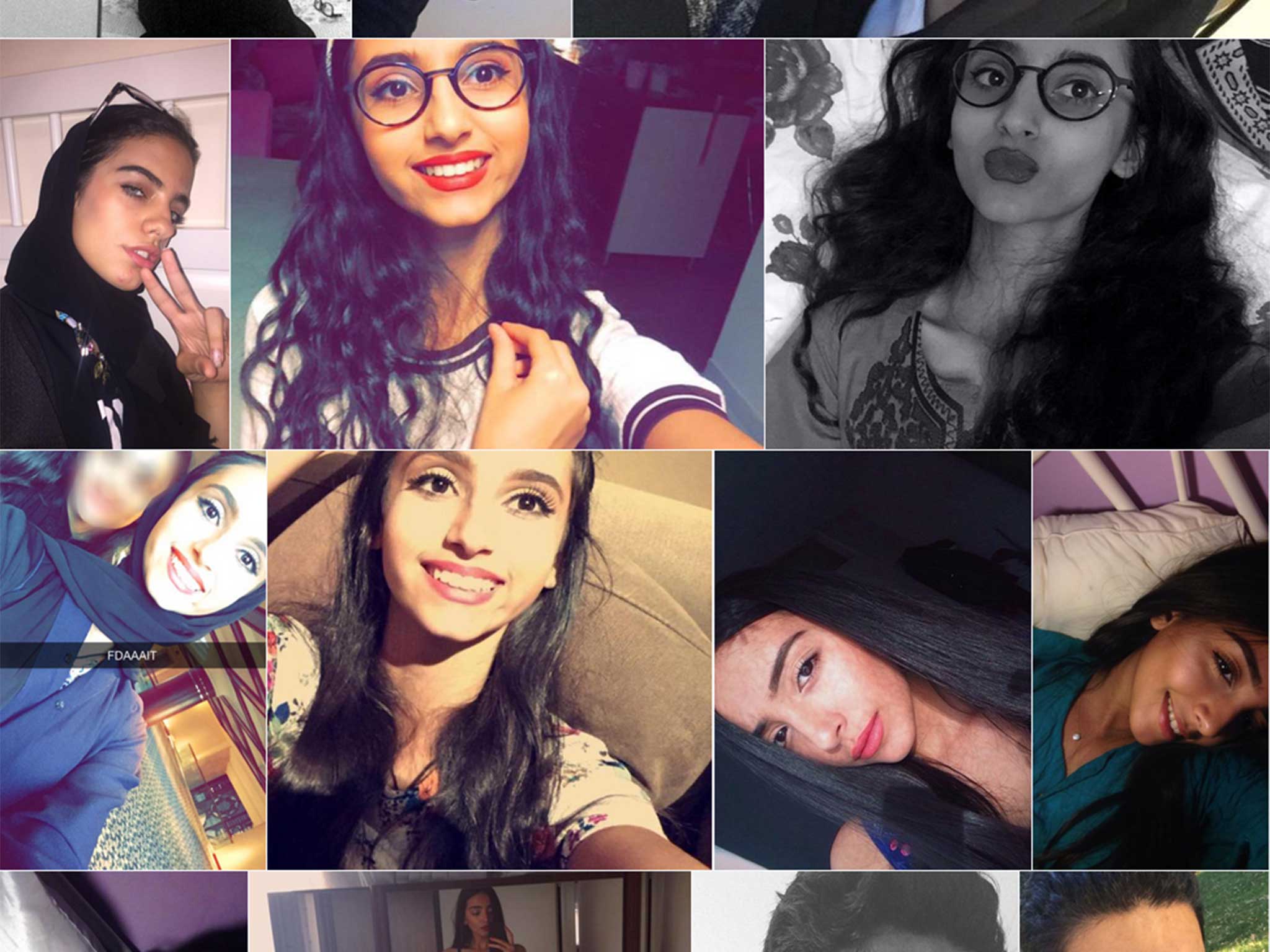Middle Eastern and North African women challenge beauty norms with #TheHabibatiTag
Hashtag has trended across the US, Canada, Saudi Arabia, Kenya and the UK

Your support helps us to tell the story
From reproductive rights to climate change to Big Tech, The Independent is on the ground when the story is developing. Whether it's investigating the financials of Elon Musk's pro-Trump PAC or producing our latest documentary, 'The A Word', which shines a light on the American women fighting for reproductive rights, we know how important it is to parse out the facts from the messaging.
At such a critical moment in US history, we need reporters on the ground. Your donation allows us to keep sending journalists to speak to both sides of the story.
The Independent is trusted by Americans across the entire political spectrum. And unlike many other quality news outlets, we choose not to lock Americans out of our reporting and analysis with paywalls. We believe quality journalism should be available to everyone, paid for by those who can afford it.
Your support makes all the difference.Middle Eastern and North African women have celebrated their ethnicity and challenged dominant beauty standards under a globally trending hashtag.
#TheHabibatiTag was started by Palestinian American Sara Mahmoud and a group of her friends on 5 September and began trending across the United States, Canada, Saudi Arabia, Kenya and the UK.
‘Habibati’ is an Arabic term of endearment, often taken to mean “my love”.
Ms Mahmoud, who lives in Florida, said part of her motivation for starting the hashtag was to boost the profile of women of different ethnicities, “because Middle Easterns and North Africans don’t get enough representation in American pop culture and American media.
“I felt like my looks weren’t normal and they weren’t ok because all the girls on TV would be pretty, blonde thin girls with blue eyes," she told BBC Trending.
Since the launch the hashtag’s reach has been huge with more than 20,000 uses of the phrase on social media.
Join our commenting forum
Join thought-provoking conversations, follow other Independent readers and see their replies
Comments